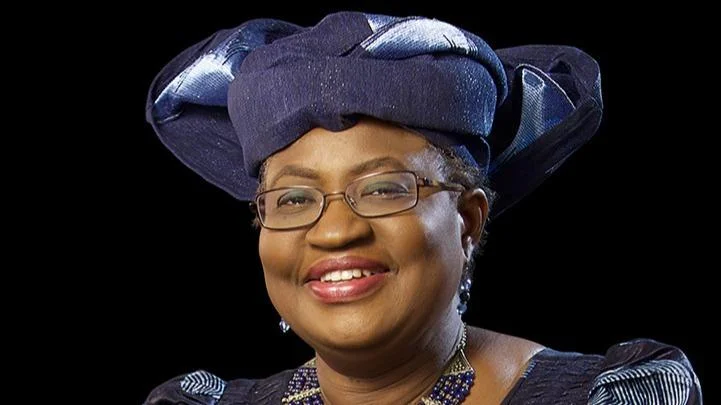With approximately 15% of the global population living with disabilities, and 80% of them in developing economies, there is a growing demand for international trade policies that address their specific challenges and opportunities.
A new informal staff network welcomes participation from staff of Geneva-based international organizations involved in trade and development. The group’s main objective is to assist governments in integrating and enhancing disability inclusion within trade and development agendas through knowledge sharing, research, and other initiatives.
WTO Deputy Director-General Angela Ellard moderated the session. She stated: "Trade is more than just the exchange of goods and services - it has the potential to break down barriers that people with disabilities face, including workplace discrimination, bias, and restricted economic opportunities."

World Trade Organization Director-General Ngozi Okonjo-Iweala
| World Trade Organization
Ilkka Saarinen, Director for Trade Policy at Finland's Ministry for Foreign Affairs, expressed support for the initiative: "Finland welcomes the launch of the Inter-Agency Technical Working Group to spearhead work on trade and disability inclusion. Disability inclusive trade plays a critical role in achieving the Agenda 2030 of the UN Sustainable Development Goals." He added that it is essential not to neglect this group in trade policy decisions.
The Working Group aims to develop training programs that equip trade experts with skills to mainstream disability inclusion in trade agreements, policies, and regulations.
The session focused on making international trade more inclusive for persons with disabilities. Panelists from ITC, UNCTAD, ILO, and Finland's Ministry for Foreign Affairs discussed how trade can help overcome barriers such as access to assistive technologies and workplace discrimination. They emphasized improving data collection to inform disability-inclusive policies and leveraging digital technologies for accessibility.
Dr Amrita Bahri and Dr Mariangela Linoci noted that while 27% of trade agreements contain disability-related provisions, these often focus superficially on labor and equality without addressing critical barriers like access to assistive devices. They advocated for data-driven inclusive policies using trade agreements to break down these barriers.
Dr Linoci highlighted the persistent digital divide affecting persons with disabilities. She called for better access, affordability, and usability of digital tools. The session urged targeted policies and collaboration between governments, businesses, and international organizations.
Dan Rees from ILO stressed social dialogue's importance in ensuring disability inclusion in trade agreements through disabled persons' organizations' engagement. Luz Maria de la Mora from UNCTAD emphasized better data collection for integrating disability-related measures into trade policies.
Trade has the potential to influence national governments' ability to address barriers faced by persons with disabilities in areas such as infrastructure and social services. Inclusive policies should improve working conditions in existing jobs and create better opportunities in higher-value sectors for persons with disabilities.
The new Working Group supports a member-driven global trading system that is more inclusive of persons with disabilities’ needs. ITC Deputy Executive Director Dorothy Tembo underscored the group's responsibility: "Counter misconceptions and show the international community that disability-inclusive trade goes hand in hand with a prosperous and fairer world."
Tembo acknowledged challenges but stressed creating quality jobs through trade: "It is like everybody else," she said. "There are certain things we can do and certain things we cannot do, but that does not exclude us from being active contributors to the economic space."
More information about the session is available here.

